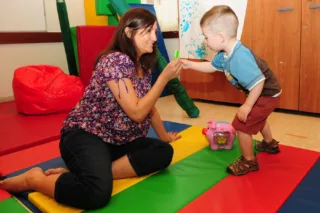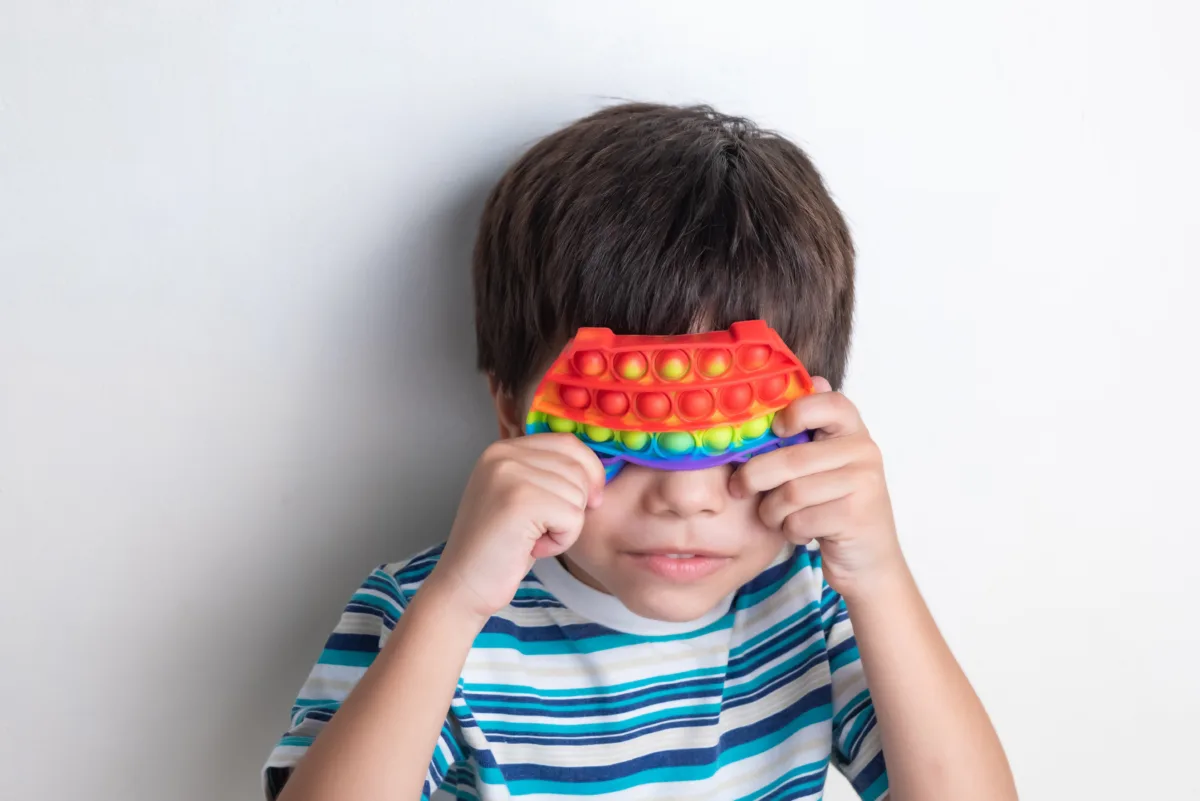Occupational Therapy Treatment in kochi: Improving Lives Through Meaningful Activity | Jeevaniyam
Occupational therapy treatment in kochi is a healthcare profession that helps people develop or regain the skills they need to perform daily living and work activities. This includes everything from self-care tasks like dressing and grooming to using tools and participating in leisure activities. OT is an essential component of many rehabilitation programs and can help people recover from injuries, illnesses, and disabilities that affect their ability to function independently.
Occupational therapy is centered around the belief that engaging in purposeful activities promotes health and well-being. Occupational therapists assess and address the physical, cognitive, sensory, and emotional aspects of an individual’s functioning to help them participate in daily activities effectively. In Kochi, Jeevaniyam’s team of skilled therapists embraces a holistic approach, considering each person’s unique needs and goals.
OT is a client-centered approach that focuses on the unique needs and goals of each individual. The therapist works with the client to identify their strengths and challenges and develop a customized treatment plan to address their specific needs. This may include activities and exercises to improve physical strength, coordination, and dexterity, as well as cognitive and behavioral strategies to improve problem-solving, decision-making, and coping skills.
One of the key principles of OT is the idea that meaningful activity is essential for human well-being. OT practitioners use activity analysis to break down complex activities into their component parts and identify the skills and abilities required to perform them. They then design interventions that help clients develop these skills and abilities, with the goal of enabling them to participate in activities that are meaningful and important to them.
OT can be used to treat a wide range of conditions, including physical injuries, neurological disorders, developmental disabilities, and mental health conditions. For example, an OT practitioner may work with a stroke survivor to improve their motor skills and facilitate a return to activities of daily living, or they may work with a child with autism to improve their social skills and communication abilities.
OT practitioners are trained to work with people of all ages and abilities, from children to older adults. They may work in a variety of settings, including hospitals, clinics, schools, and community-based organizations. They may also specialize in certain areas, such as hand therapy, pediatric therapy, or mental health therapy.
The benefits of occupational therapy in kochi are many. For individuals with physical disabilities, OT can help improve mobility, strength, and coordination, which can lead to greater independence and improved quality of life. For those with developmental disabilities, Occupational therapy treatment can help improve cognitive, social, and communication skills, which can lead to greater participation in school, work, and community activities. For individuals with mental health conditions, occupational therapy treatment can help improve coping skills, reduce anxiety and depression, and promote overall mental wellness.
occupational therapy treatment is a regulated profession, which means that practitioners must be licensed and adhere to ethical and professional standards. To become an OT practitioner, individuals must complete a master’s degree in occupational therapy, pass a national certification exam, and meet state-specific licensure requirements.
If you or someone you know is struggling with a condition that affects their ability to perform daily living or work activities, consider reaching out to an OT practitioner to explore how occupational therapy could help. With its focus on meaningful activity and client-centered approach, occupational therapy can help individuals of all ages and abilities achieve their goals and live meaningful, productive lives.



